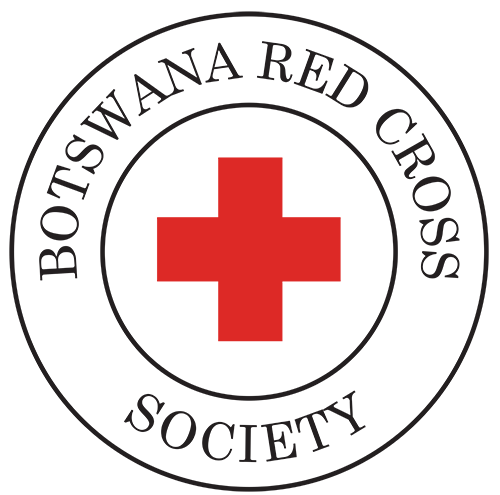Keep Up To Date {On Social Services, Disaster Management & Humanitarian Services.}
A Call for Stregnthening Community Engagement in Disaster Risk Management
Botswana Red Cross Society in partnership with Netherlands Red Cross Society recently held a two-days seminar themed “Putting Communities at the centre of Disaster Risk Management - Community Disaster Management in Botswana,” in Francistown, Tati River Lodge.
This seminar came as another opportunity for the sector to regroup and discuss strategies and plans on how best to prepare, ready and respond towards threats faced by this country.Botswana Red Cross Society in partnership with Netherlands Red Cross Society recently held a two-days seminar themed “Putting Communities at the centre of Disaster Risk Management - Community Disaster Management in Botswana,” in Francistown, Tati River Lodge. This seminar came as another opportunity for the sector to regroup and discuss strategies and plans on how best to prepare, ready and respond towards threats faced by this country.
“Botswana Red Cross Society, through its various programmes and interventions, has continued its auxiliary role over the years by developing community-based strategies tailor-made to our local context and offering humanitarian services to the most vulnerable people in different communities. Therefore, we are excited that today we will discuss, brainstorm and plan on the various solutions and interventions best fit to solve disaster management challenges in our communities, said Botswana Red Cross Society Secretary General, Kutlwano Mukokomani.
According to Mr. Mukokomani, the humanitarian needs continue to grow as the frequency of disasters also grows. He noted that there has been an exponential increase in natural and man-made disasters, with statistics estimate that over 2 billion people worldwide get affected by disasters every year in one way or another.
“Botswana, as a country, has not been spared from the ever-growing disasters. Yearly the country experiences recurring droughts that continue to propel food insecurity; further to that, road accidents continue to claim lives, as evidenced by the horrific accident that occurred along the A3 road. We continue to experience outbreaks of floods, stormy rains, veld fires, animal diseases and pest outbreaks. Pandemics such as COVID-19 have also strained ecosystems globally, increasing the risks of disasters,” said Mukokomani.
As he continued, Mukokomani highlighted that these multiple challenges directly impact households, communities, and businesses and burden Botswana economy. He therefore called for a united and collaborative effort between the disaster management sector, the humanitarian sector, businesses, community leaders and all of those invited to the seminar.
On his part, Permanent Secretary for Ministry of Local Government and Rural Developments, Mr. Mpho Morapedi noted that communities are the primary stakeholders in Disaster Management, there are the ones with both historical and contemporary knowledge of hazards prevalent in their areas. “They are aware of vulnerabilities and capabilities of their people. Therefore, community-based disaster risk management becomes a very critical component of disaster management,” highlighted Morapedi.Community Based Disaster Risk Management is a disaster management approach that puts community engagement and participation at the centre. This emphasizes the need to strengthen community capacity to assess their vulnerabilities, develop strategies and resources necessary to prevent and mitigate the impact of identified threats.
The National Disaster Management Office (NDMO) which was represented by Mr. Maeletso Pego has also explained on the importance of the role played by communities in Disaster Preparedness and response. Mr. Pego highlighted that existing laws and policies in Disaster Management espouse community engagement and participation.As he concluded, Mr. Pego noted that the National Policy on Disaster Management of 1996 and the National Disaster Management Plan 2009 have both also clearly defined the role of community members, leadership, and volunteers. In his words, “it could not be more appropriate that the Botswana Red Cross Society be the one calling on stakeholders to reflect on their contributions towards community engagement and participation during disaster management.”
The National Disaster Risk Management Plan has given Botswana Red Cross Society the duty to mobilize and capacitate community members to volunteers to support authorities and or be at the fore front providing relief services during disaster response. Botswana Red Cross Society is the only statutory humanitarian aid organization in Botswana, having been established by an act of parliament in 1968, the Society continue to be an important stakeholder in community mobilization within Disaster management, Health, and social services.
The seminar called on all stakeholders in Disaster Risk Management to share their contribution towards building community resilience, share programmes or interventions each ministry, department or entity is undertaking to engage communities and promote their participation or role in planning and responding to hazards in their local areas.

